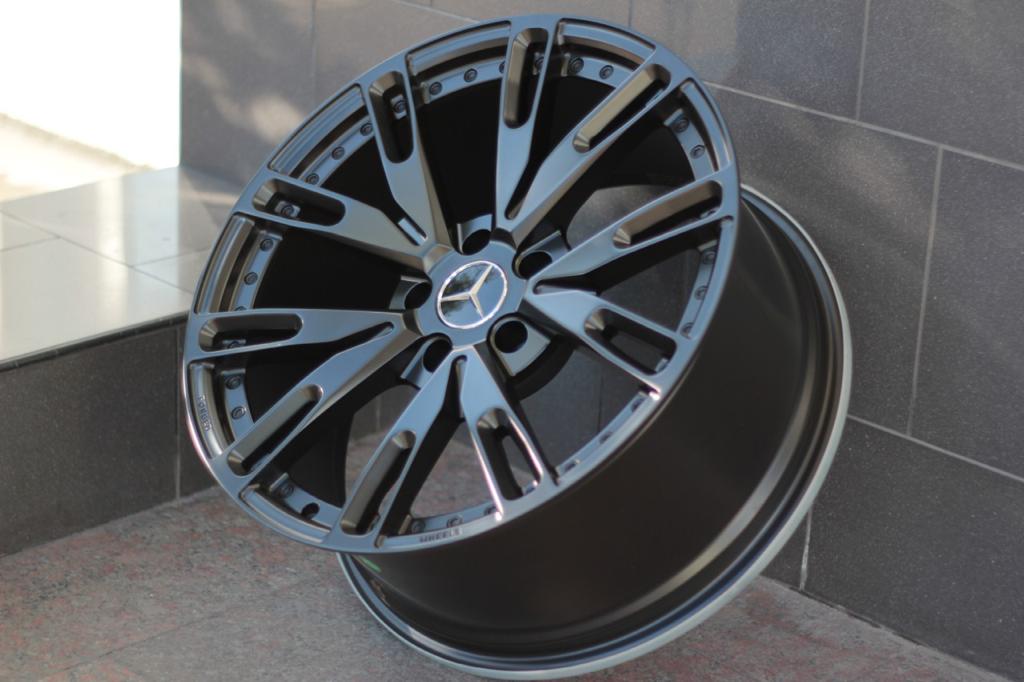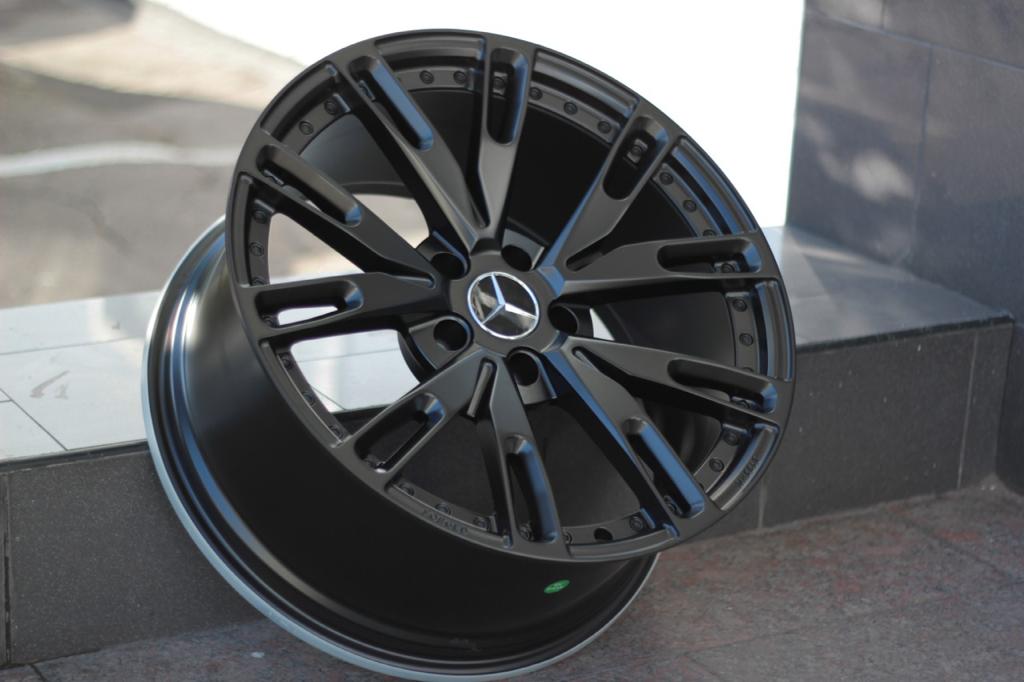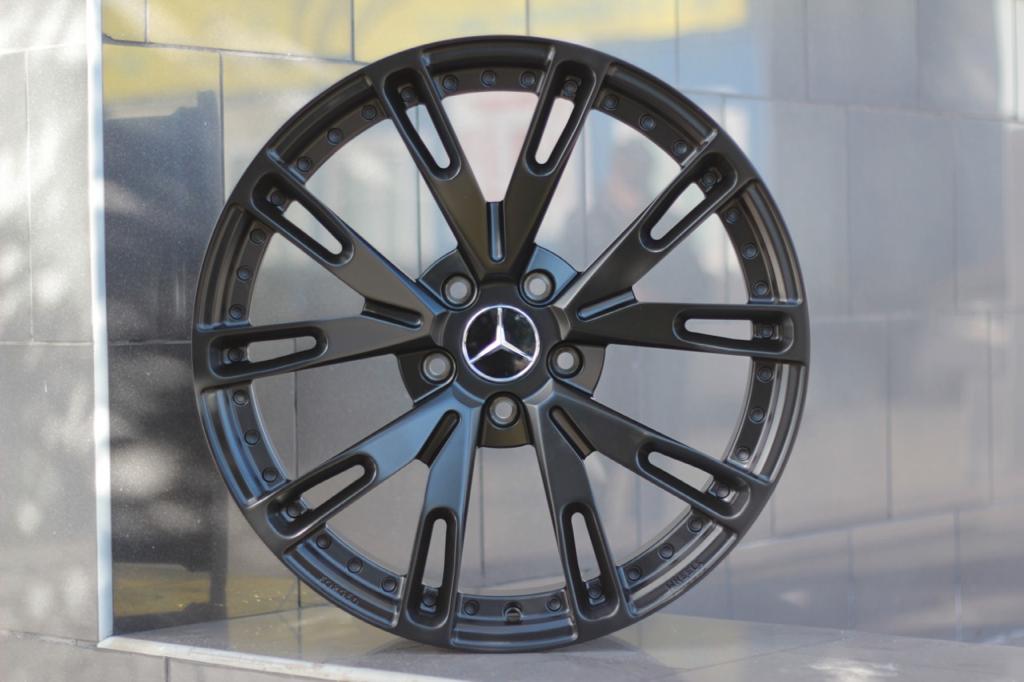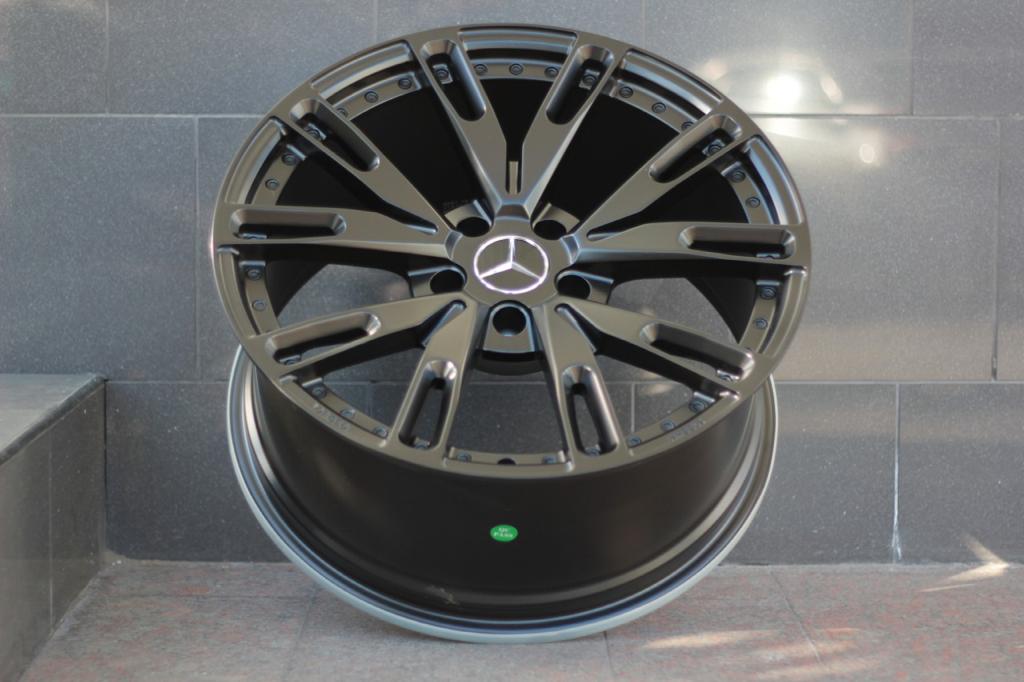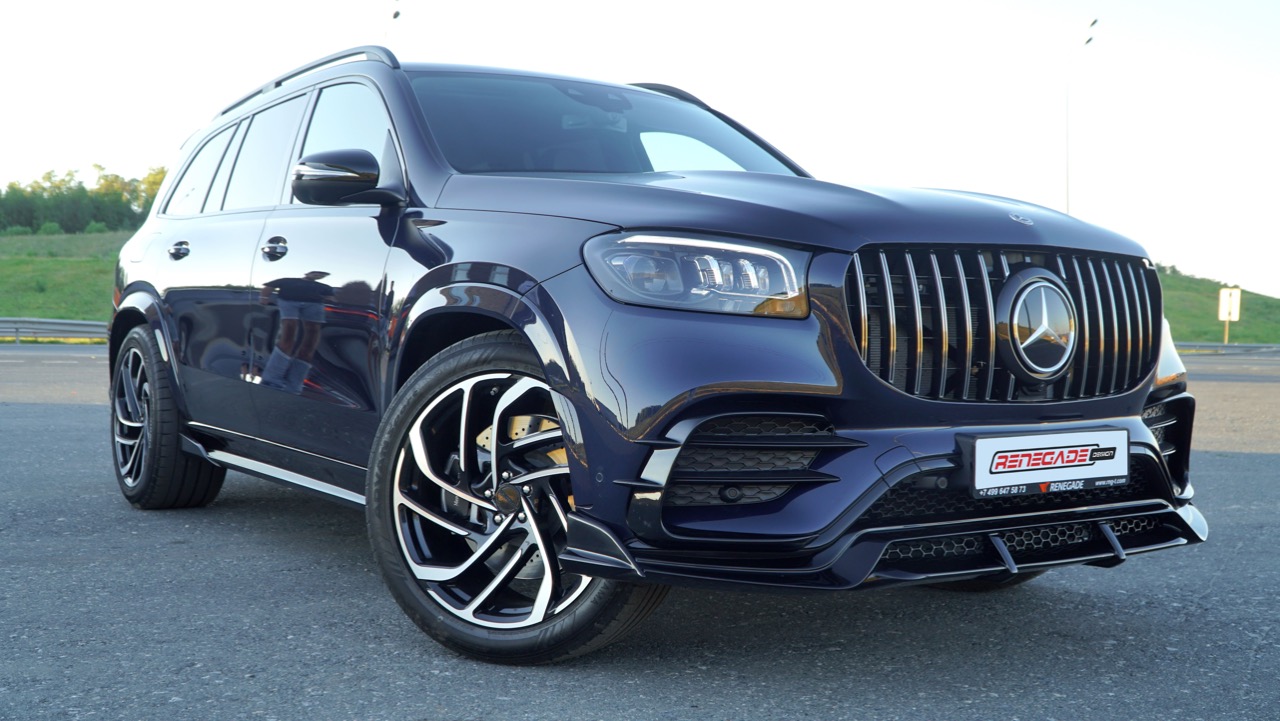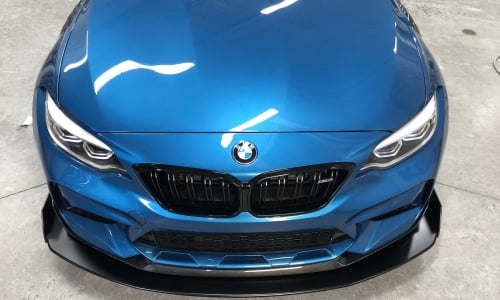Advantages and disadvantages forged wheels
Forged wheels are an essential component of automotive tuning, adding not only aesthetic appeal but also technical benefits. These rims have become the epitome of engineering excellence, providing car enthusiasts with unique design and performance options. They have features that make an impact on the vehicle.
Forged wheels are incredibly lightweight. They are the lightest of any type of rim available, outperforming cast wheels by 15-25% and stamped wheels by 30-50%. This not only improves the dynamic characteristics of the car, but also reduces the load on the unsprung mechanisms of the chassis, which in turn saves fuel.
Why are forged wheels popular?
The reasons why car owners choose forged wheels are:
- strength and rigidity of the design;
- resistance to corrosion;
- maintainability;
- long service life.
Forged wheels are not just an element of tuning, but an investment in a comfortable, safe and long period of operation. They have high strength and relative plasticity. In case of strong impacts they do not crack, but only a small dent is formed. This ensures that the rim retains its shape and remains stable under dynamic loads on the road.
However, it is important to note that high strength can be a disadvantage in hard impacts, as forged wheels are not able to damp the impact, transferring its power to the suspension mechanisms.
The corrosion resistance of forged wheels is much higher than that of cast wheels. This makes them more resistant to moisture and aggressive environments, which extends their service life. They can last for decades, making them a great choice for those who value durability.
In case of minor defects such as dents, forged wheels are easy to repair. This is an economical maintenance option that allows you to restore the performance of the rim almost completely.
Forged wheels, despite the limited choice of design, provide an opportunity to create a stylish and modern look for the car. Their price is higher compared to alloy wheels, but the quality features and benefits make this a justifiable choice for those looking for the perfect combination of style and performance.
What are the advantages and disadvantages of forged wheels when compared to cast and stamped wheels
The modern market is actively replacing steel stamped wheels with alloy wheels, namely cast and forged products. These products stand out for their stylish design and significant weight advantage, which reduces the load on the transmission, suspension, brakes and hub bearings.
| Features | Forged wheels | Alloy rims | Stamped rims for cars |
| Weight | The lightest of all types of rims: 15-25% lighter than alloy wheels, 30-50% lighter than stamped rims | Approximately 25% lighter than stamped ones | Heavier than forged wheels and alloy wheels |
| Strength values / Stiffness level | High strength characteristics and some ductility. Stable under load, retain their shape better than cast and stamped ones. In case of a strong impact, the rim does not crack, but a small dent appears. | Relatively low strength. Cannot withstand heavy and prolonged loads. Afraid of strong impacts, which may cause the rim to burst or fall apart. | They have sufficient strength. They are not cracked but deformed in case of a strong impact. |
| Corrosion resistance | Corrosion resistance forged wheels is superior to cast wheels | More resistant to corrosion than stamped, but it is recommended to follow the requirements for surface protection against corrosion | Subject to corrosion |
| Service life | Long service life, can last for decades | Service life is shorter than forged wheels | Depends on operating conditions, road quality, maintenance and other factors, average 4 to 8 years |
| Design | Limited choice of design | Large variety of design | Uniformity of design, stamping technology does not allow for radical changes in appearance |
| Repairability and maintenance | Small defects are easily repaired, restored almost completely. Inexpensive maintenance. | If severely damaged, cannot be repaired. Expensive to maintain. | The dent can be easily repaired, restoring the rim to normal is simple. |
| Price | Price is 2-5 times higher compared to alloy rims | 2-3 times more expensive than stamped ones | Relatively low cost, cheaper than cast and forged ones |
Pros of forged wheels
- Reliability and light weight;
- short acceleration time and elasticity;
- optimized braking distance;
- full harmonious customization;
- prevention of suspension wear;
- long service life;
- fuel economy.
Lightweighting is achieved by reducing the load on the unsprung mechanisms of the chassis, which can improve overall vehicle dynamics by reducing the level of stress placed on the suspension.
Forged wheels guarantee efficient cooling of the braking system due to the excellent thermal conductivity of the material.
The forging process gives the rims high strength and rigidity. They are more resistant to mechanical impacts such as hitting the roadside or potholes. Due to the improved technical and practical characteristics, forged wheels are more durable than cast wheels. It fully justifies its cost.
Disadvantages of forged wheels
- predominantly customized production means a certain waiting period;
- small selection of design forms;
- possibility of use mainly on vehicles with reinforced suspension;
- relatively high price.
Forged wheels are more expensive compared to cast and stamped, as the process of their manufacture is more complex and requires the use of special equipment.
Compared to forged wheels, forged wheels may have a limited selection of designs due to the manufacturing process.
What to look for when buying forged wheels
When you are buying forged wheels, there are a few important aspects to look out for:
- The weight of the rim. Forged wheels tend to be lighter than alloy wheels. This is due to the manufacturing process and the use of stronger materials.
- Edging. When cast rims are not machined on lathes, the edges may have irregularities. This is characteristic of castings, protrusions are easy to spot without the use of special tools. Quality forged wheels usually have flatter and smoother edges.
- Inscriptions or stamps. Forged wheels may have impressed or stamped inscriptions denoting the manufacturer or other characteristics.
- Performance and characteristics. Forged wheels tend to provide the best performance due to their strength and lightness. Consider the characteristics and strength of the material, the weight of the product, and its design.
Keep in mind that some manufacturers may use the term «forged wheels» in reference to alloy wheels, so it is best to purchase rims from reliable manufacturers and verify the authenticity of the product before purchasing.
Features forged wheels from the manufacturer Renegade Design
- exclusive design;
- use of quality materials;
- modern forging technology;
- product warranty;
- optimized aerodynamics;
- well thought-out design;
- harmonious combination with body kits.
Each forged wheels from Renegade Design is a unique creation of art, created taking into account the latest design trends and individual preferences of car owners.
The high quality aluminum alloys used guarantee not only an attractive appearance, but also outstanding strength and durability.
Renegade Design rims offer an optimal balance between strength and lightness, which noticeably improves the dynamic performance of the vehicle. Each product undergoes rigorous comprehensive testing and quality assurance, ensuring safety and reliability even in the most extreme conditions.
When you choose forged wheels from Renegade Design, you are not only incorporating cutting-edge technology into your vehicle, but also a stylish accent that emphasizes the uniqueness of your vehicle.
